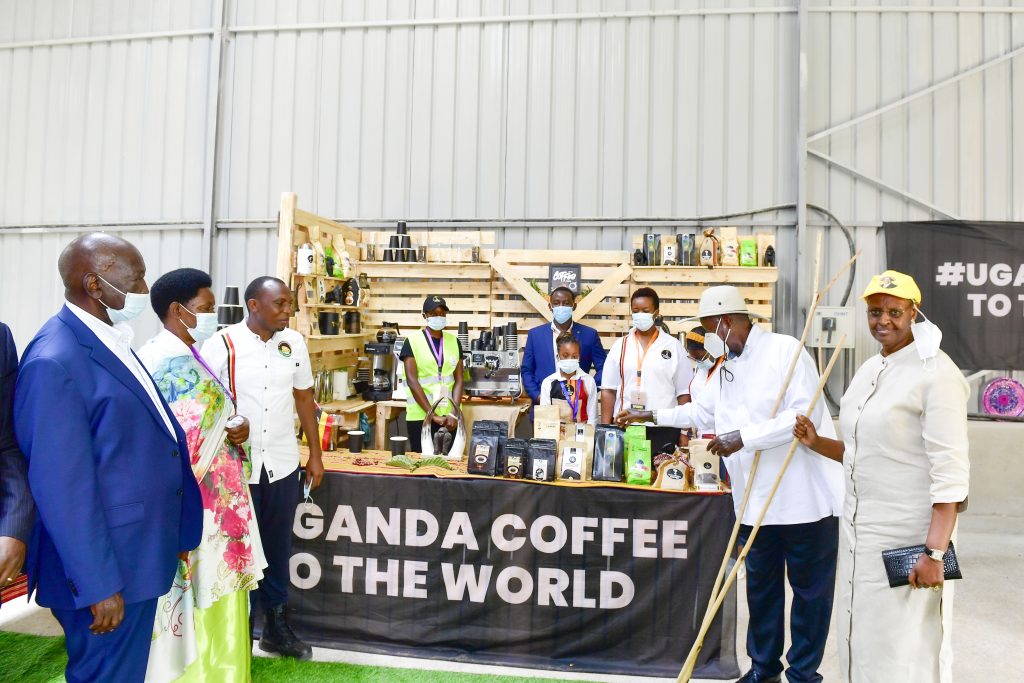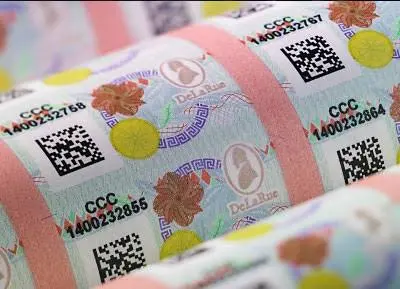Uganda has achieved a significant milestone in its trade relations with the European Union (EU), with exports now surpassing imports, leading to a favorable balance of trade position. This achievement is primarily attributed to the rise in coffee exports, coupled with a notable reduction in machinery imports from EU nations.
According to Ambassador Jan Sadek, the head of delegation to Uganda from the EU, the value of exports between the two markets amounts to 1.5 billion euros. Out of this, Uganda has accrued 800 million euros (approximately Shs3.3 trillion) in export value, while the EU registered imports worth 700 million euros (about Shs2.9 trillion).
This marks the first instance in recent history where Uganda has managed to deliver more exports to the EU, the largest single market globally, boasting a population of around 450 million people and a GDP of 16 trillion euros.
Ambassador Sadek expressed pride in the balanced trade relationship and highlighted its significance ahead of the upcoming third Uganda-EU Business Forum. The forum aims to foster structured collaboration between the EU and Uganda’s private sector and public actors and is scheduled to take place from March 5 to March 7 in Kampala, positioning itself as the largest and most influential joint business event between Uganda and the EU.
Humphrey Nzeyi, the chairman of the Private Sector Foundation Uganda (PSFU), attributed the favorable balance of trade to increasing foreign direct investment from the EU and a growing intake of Ugandan exports by EU nations. He emphasized the abundant trade opportunities available in the EU market and urged entrepreneurs to capitalize on these advantages by focusing on value addition and maintaining quality standards for exports.
Trade between Uganda and the EU currently stands at 1.5 billion euros, with Uganda’s exports accounting for approximately 800 million euros, while imports from the EU amount to 700 million euros. Nzeyi highlighted the Uganda-EU Business Forum as an invaluable platform for Ugandans to explore new markets, promote local products and services, and attract investment to the country.
Morrison Rwakakamba, the chairman of the Uganda Investment Authority (UIA), emphasized the forum’s role in enhancing Uganda’s trade balance with the EU. He mentioned UIA’s commitment to advancing the industrialization agenda and collaborating with key agencies such as the Uganda National Bureau of Standards to enhance product quality for market access.
Previous editions of the forum have yielded tangible results, including the profiling of 100 businesses seeking investments and partnerships, as well as facilitating pitch sessions for 40 businesses to potential investors.




















